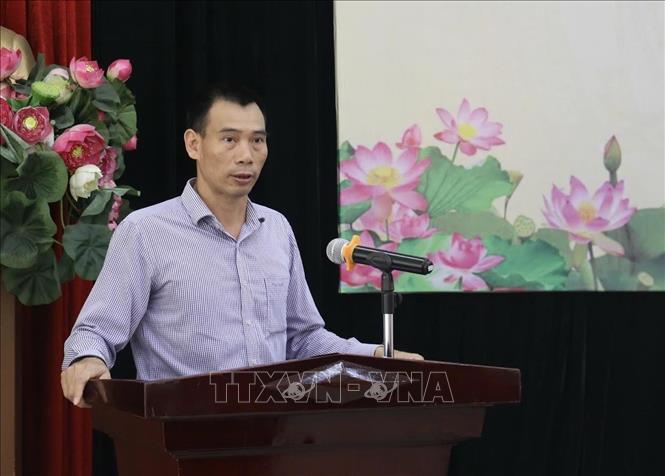
In his opening speech, Dr. Truong The Con, Editor-in-Chief of Democracy and Law Magazine, said that in the context of the entire political system promoting the development and improvement of synchronous, transparent, and feasible laws, both meeting the requirements of state management and encouraging innovation, the law is increasingly affirming its role as a foundation to promote national development in the "new era". In particular, important Resolutions of the Politburo such as Resolutions No. 57-NQ/TW, 66-NQ/TW, 68-NQ/TW have emphasized the need to innovate the work of building and enforcing laws, removing bottlenecks, and opening up development resources. The Law on Bailiffs - an effective tool to support the judiciary - needs to be further reviewed and improved to suit practical requirements and improve management and implementation efficiency.
The workshop aimed to identify bottlenecks, inadequacies, difficulties, and problems as well as to study and evaluate the results achieved in implementing the Bailiff institution, thereby making recommendations to improve institutions and laws to ensure feasibility and suitability.
According to Lawyer Dau Thi Tam ( Hanoi Law University), building and perfecting the socialist rule-of-law state of Vietnam is a strategic and key task set by our Party and State. Resolution No. 27-NQ/TW dated November 9, 2022 of the 13th Party Central Committee continues to affirm the goal of building a professional, modern, fair, strict, honest judiciary that serves the Fatherland and the people.
One of the requirements of a rule-of-law state is a judicial system, including transparent civil judgment enforcement activities, effective operations and protection of the legitimate rights and interests of individuals and organizations. The re-establishment and development of the Bailiff institution in recent times has marked an important step forward in the policy of socializing judicial support activities, demonstrating the innovative thinking and determination of the Party and State to reform the judiciary.
According to Ms. Vu Thao Phuong ( Diplomatic Academy), in the context of globalization and increasingly deep international integration, building and perfecting the socialist rule-of-law State in Vietnam has become an inevitable requirement. Looking back at 35 years of renovation, our Party has affirmed the central task: building a clean, strong, streamlined socialist rule-of-law State that operates effectively and efficiently, putting the interests of the people and national development first. This is also one of the 12 strategic orientations clearly stated in the Documents of the 13th National Party Congress, towards the goal of national development by 2030, with a vision to 2045.
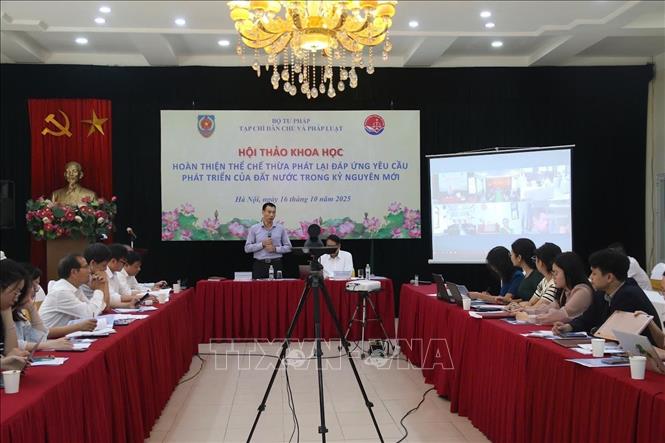
A public, transparent and effective rule of law state not only ensures justice in the country, but also enhances the prestige and position of Vietnam in the international arena. To realize that goal, judicial reform is identified as an important pillar, creating a foundation for the synchronous and effective operation of the legal system. In the system of judicial support institutions, the Bailiff has emerged as an institution that is both old and new, with important significance in reducing the workload for state agencies, while expanding the right to choose legal services for people and businesses.
At the workshop, delegates focused on discussing issues such as the Party and State's viewpoints on developing the bailiff institution and perfecting the institutions, policies and laws on bailiffs to meet the requirements of national development in the new era; the need to perfect the institutions, policies and laws on bailiffs to meet the requirements of national development in the new era; requirements for the legal system so that the bailiff institution can operate with high quality and efficiency, meeting the development of the country in the new context; identifying related bottlenecks, difficulties and problems.
In particular, the Workshop analyzed in depth the current status of bailiffs' activities (in the activities of drawing up minutes/serving/verifying conditions for execution of judgments/organizing civil judgment execution...). From there, it recommended and proposed solutions to improve institutions, policies and laws to resolve bottlenecks, remove difficulties, obstacles, conflicts and overlaps in legal regulations to support and create conditions for bailiffs to operate effectively...
Source: https://baotintuc.vn/thoi-su/hoan-thien-the-che-thua-phat-lai-dap-ung-yeu-cau-phat-trien-cua-dat-nuoc-trong-ky-nguyen-moi-20251016152710570.htm





![[Photo] General Secretary To Lam attends the 18th Hanoi Party Congress, term 2025-2030](https://vphoto.vietnam.vn/thumb/1200x675/vietnam/resource/IMAGE/2025/10/16/1760581023342_cover-0367-jpg.webp)
![[Photo] Nhan Dan Newspaper launches “Fatherland in the Heart: The Concert Film”](https://vphoto.vietnam.vn/thumb/1200x675/vietnam/resource/IMAGE/2025/10/16/1760622132545_thiet-ke-chua-co-ten-36-png.webp)

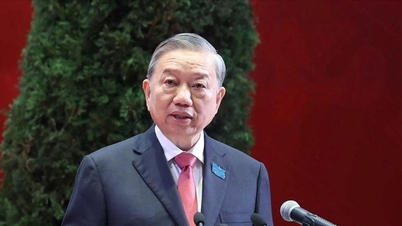

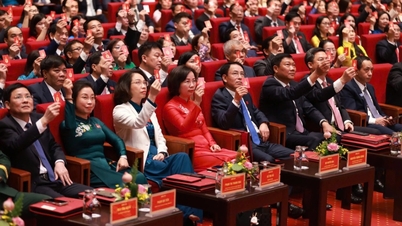

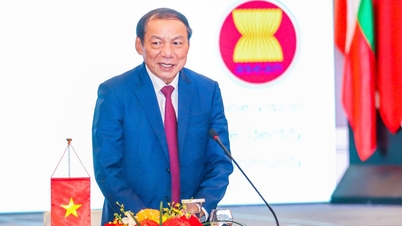


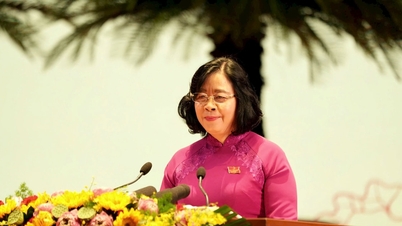
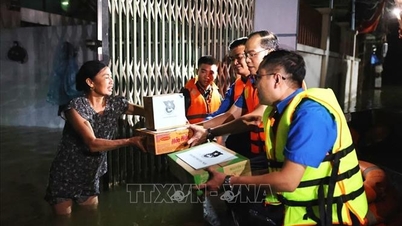
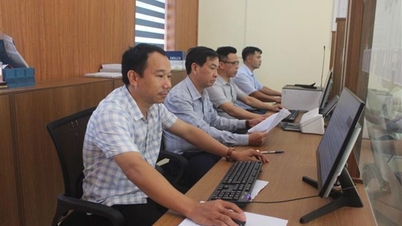
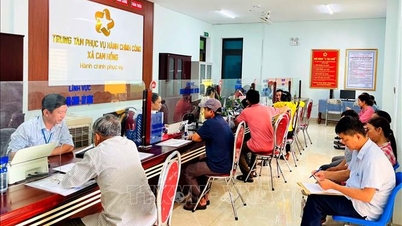

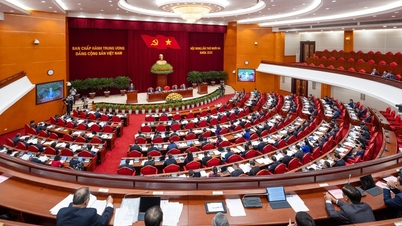

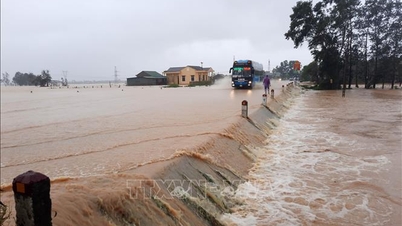
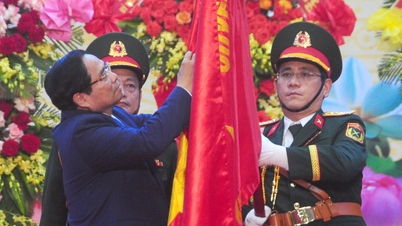






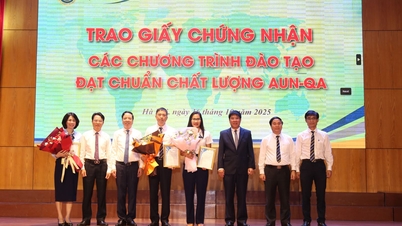

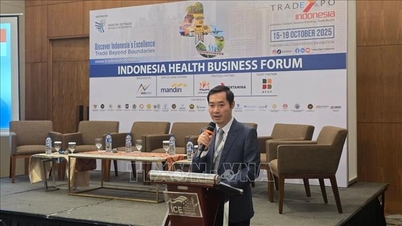
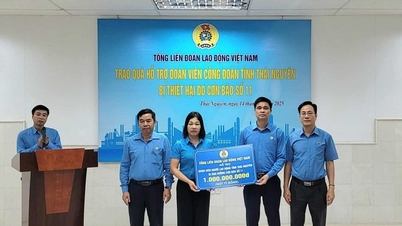






![[Video] TripAdvisor honors many famous attractions of Ninh Binh](https://vphoto.vietnam.vn/thumb/402x226/vietnam/resource/IMAGE/2025/10/16/1760574721908_vinh-danh-ninh-binh-7368-jpg.webp)



























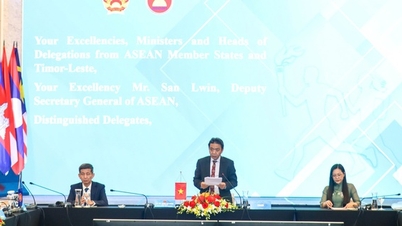

![[Photo] Nhan Dan Newspaper launches “Fatherland in the Heart: The Concert Film”](https://vphoto.vietnam.vn/thumb/402x226/vietnam/resource/IMAGE/2025/10/16/1760622132545_thiet-ke-chua-co-ten-36-png.webp)

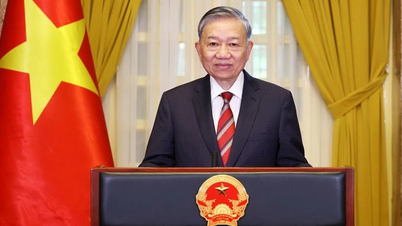






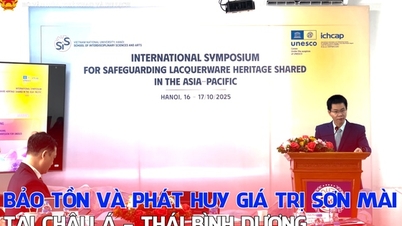

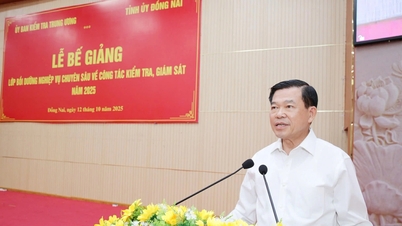







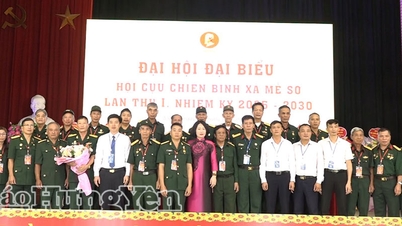



















Comment (0)